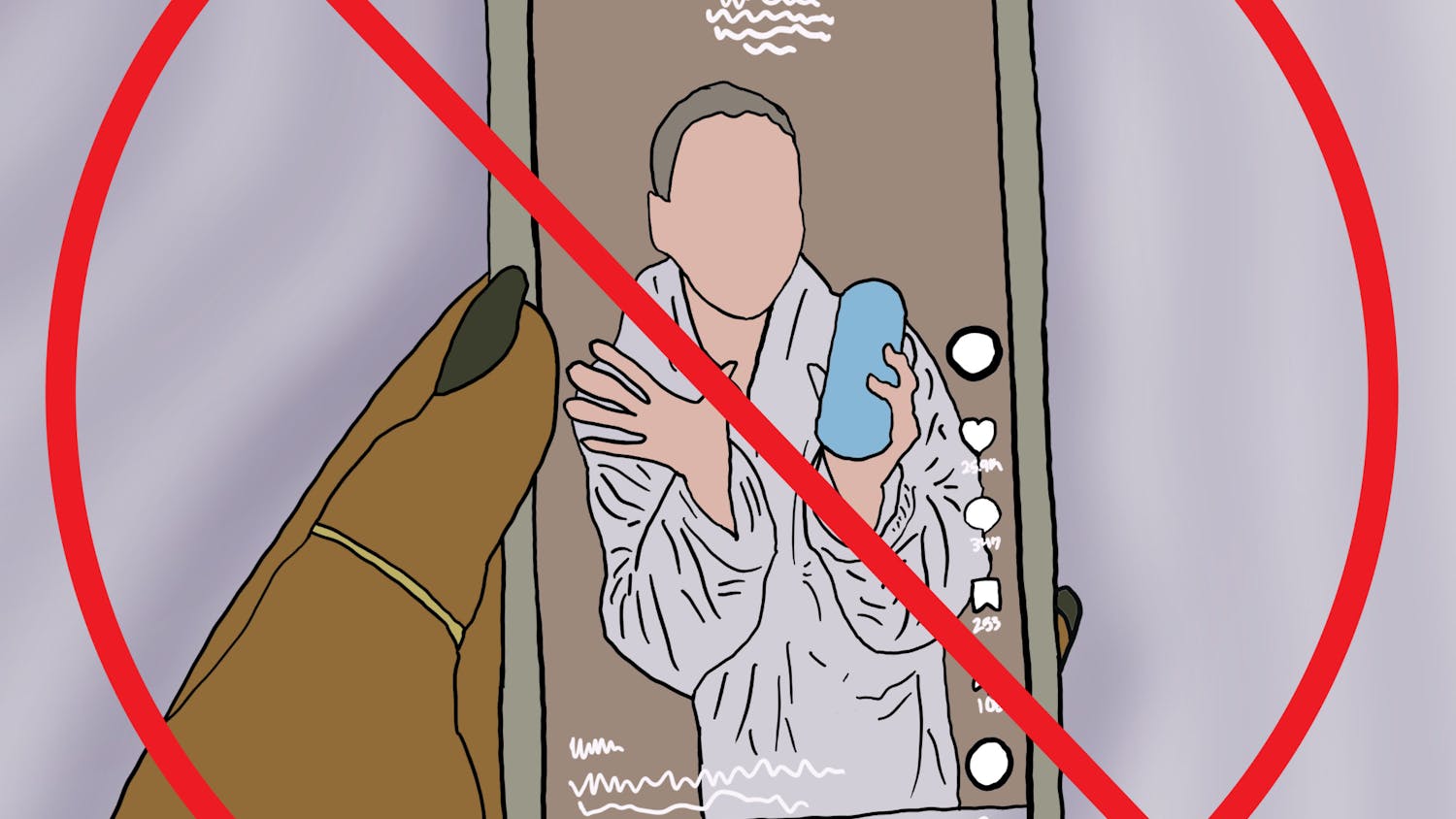Survivors of dating violence in Ohio are eligible to apply for civil protection orders after a decade long debate within state legislature.
State Rep. Emilia Sykes, D-Akron, one of the primary sponsors of the bill, said it was deemed one of the highest priority pieces of legislation by the Ohio House of Representatives. It gained a large amount of bipartisan support and made Ohio the 49th state to add these protections, leaving Georgia as the only outlier in the U.S.
“The reason why domestic violence is so deadly is because of the relationship,” Sykes said. “That person knows your inner workings, your schedule, your friends, your family, what makes you tick, and they are situated in such a way to harm you in a different way than a stranger would.”
Prior to the passage of House Bill 1, Ohio defined domestic violence as occurring between spouses, ex-spouses, parents, family members and people who live together. Boyfriends and girlfriends in a romantic or sexual relationship were not provided the same protections and resources as the others, despite comparable patterns in dating and domestic violence.
Victims of dating violence are now able to obtain civil protection orders by submitting an application and getting it approved by a judge.
A civil protection order, similar to a restraining order, is a tool used by courts to protect survivors of abuse from their perpetrator. Those orders limit contact, either direct or indirect, with the survivor and in some cases, order physical space limitations depending on the situation.
“It will make violent offenders think twice about committing these acts. We now can offer additional protections under the law that will potentially save lives, which is a step forward for protecting the victims of our state,” State Sen. Frank Hoagland R-Mingo Junction said in an email.
Dating violence can take the form of sexual, physical, verbal or psychological abuse. It can involve hitting, shoving, molestation, pressure to have sex, threatening harm to self or others, stalking, blackmail or using insults.
The Center for Disease Control and Prevention reports that one-fourth of women and one-ninth of men are victims of sexual violence, physical violence and/or stalking by an intimate partner with a negative impact such as injury, concern for safety and needing services.
“In our college student population, a lot of the dating or domestic violence we see aren’t people who live together or have a child together or are married but it definitely is a dating violence type of situation,” Kimberly Castor, the director of the Ohio University Survivor Advocacy Program, said.
Castor said that the passage of the bill was too slow and Ohio should not be proud of this. She said that there should be further revisions of the law to make dating violence a criminal offense alongside domestic violence.
The original plan was to have the bill include criminal charges as a revision to the Ohio Revised Code but the bill would not have gained enough support in the Senate and fell during the lame-duck 131st general assembly, Sykes said.
Taking out that part of the bill was one of the reasons why it passed, Sykes said. She hopes as dating violence is further recognized as an issue, this will become a possibility.
“We can all agree that this is an issue that concerns more than just people from this political party or that political party, or this part of the state or that part of the state,” Sykes said.
This bill also provides more funding for women’s shelters across Ohio and requires law enforcement officials to provide information about resources and shelters to survivors of dating violence.
Castor and Sykes said that there are a number of resources available to survivors at Ohio University and across the state. They include the Survivor Advocacy Program, OU’s counseling center, the Office of Equity and Civil Rights Compliance, the Dean of Students office, the Women’s Center, the Campus Involvement Center and local police departments.






